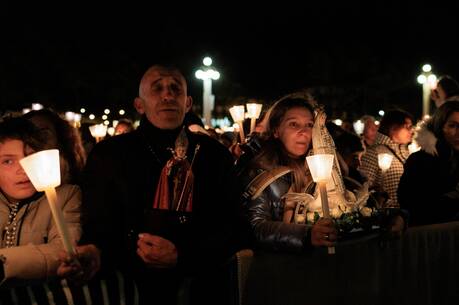More than a year and a half before the November 2020 presidential election, 16 candidates have begun to campaign for the Democratic nomination. President Trump has already appointed his campaign manager for the race.
An immense amount of energy and attention is being devoted to national politics, but the actual results obtained in policy and governance are wildly disproportionate to the effort expended. Congress frequently has to reach the edge of disaster in order to pass routine spending and borrowing authorizations—and more contentious issues, like immigration reform, can barely be brought to the table for serious legislative debate. Despite evidence that significant majorities support increased border security, oppose building a wall and do not want to deport Dreamers who have grown up in the United States, legislative compromise toward these ends has remained out of reach.
The health of U.S. democracy demands attention to its electoral mechanics. Both candidates and voters should prioritize improving elections.
Outbreaks of bipartisanship like the recent criminal justice reform bill and the votes of 12 Republican senators along with Democrats to reject Mr. Trump’s attempt to build a border wall by means of an emergency declaration are worth celebrating. But bipartisanship in itself does not go far enough to fully address the failures of the United States’ current political environment. In many cases, the problem is that even when many voters in both parties prefer a policy, electoral dynamics incentivize their representatives to focus on the red-meat issues of the partisan base instead.
Americans need to ask why our democratic institutions have become unresponsive to the desires of large majorities across party lines and are instead subject to a kind of heckler’s veto within the parties from passionate but unrepresentative extremists. This is not solely a U.S. problem: Brexit in the United Kingdom has been affected by similar dynamics, in which the only public consensus seems to be that no one wants what the politicians are able to offer.
These issues require critical scrutiny of U.S. electoral systems. Primaries in gerrymandered legislative districts designed to be “safe” for one party or the other constitute a recipe for electing legislators more responsive to the most strident members of their party’s base than to the will of the majority.
There is no silver-bullet solution for improving elections, but some options deserve consideration. Redistricting reform, for example, would deliver districts in which candidates have to compete for the center rather than only for their base.
Perhaps the most significant challenge to electoral reform is the complexity of such measures; they are sometimes hard to explain in soundbites. Nonetheless, the health of U.S. democracy demands attention to its electoral mechanics. Both candidates and voters should prioritize improving elections.










democracy is the strength of modern world.
llgames